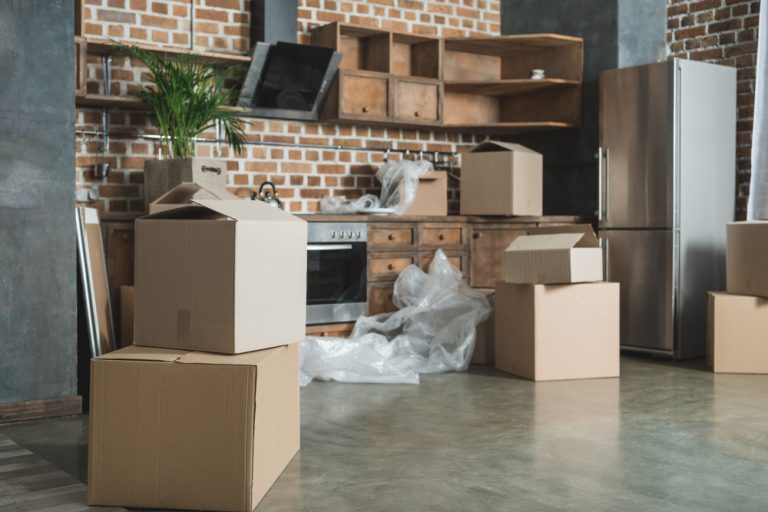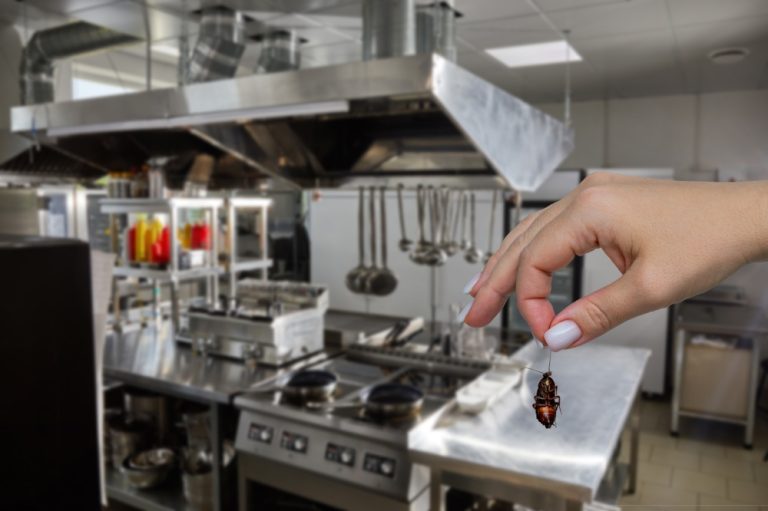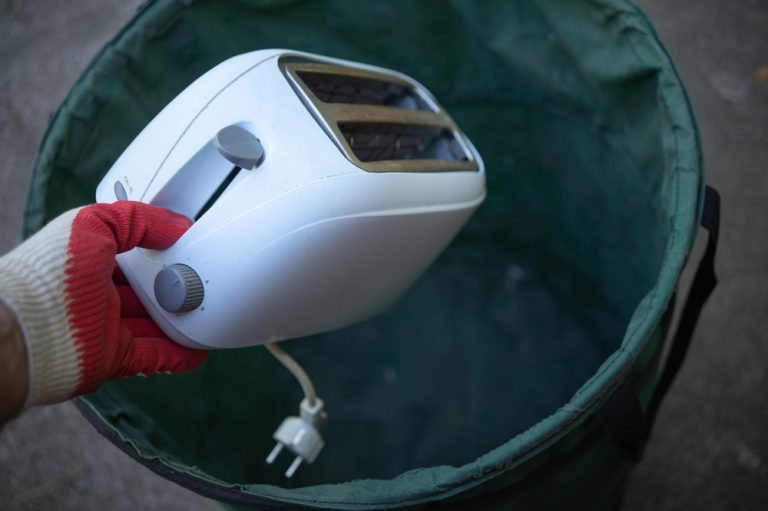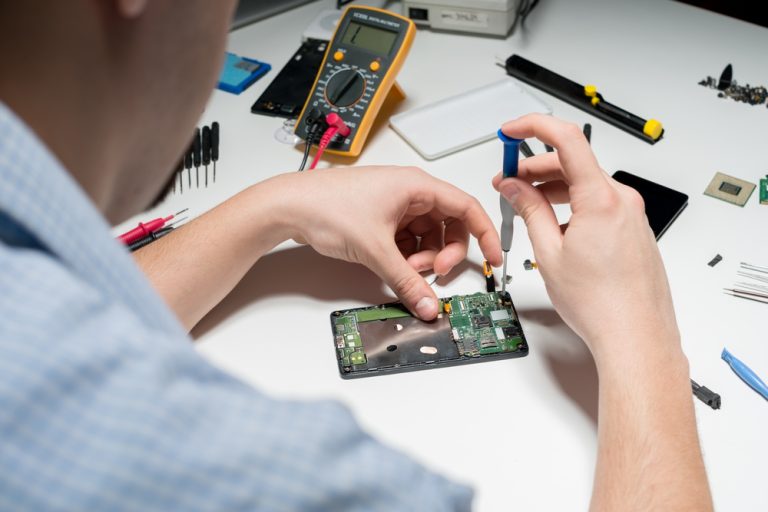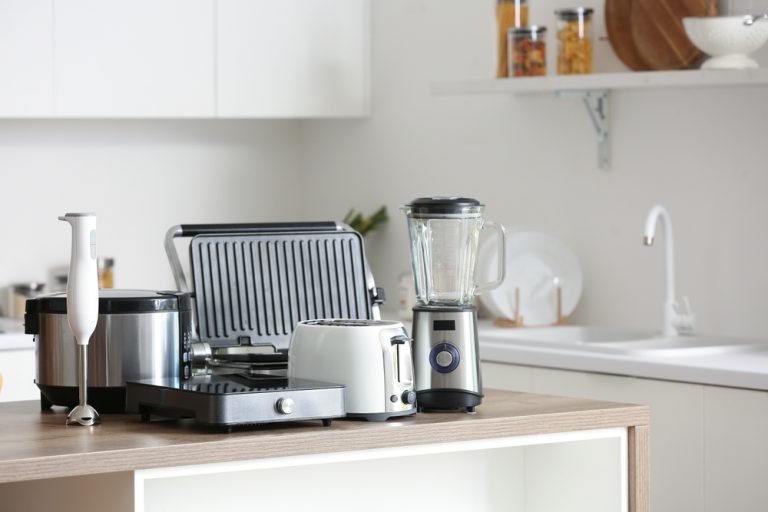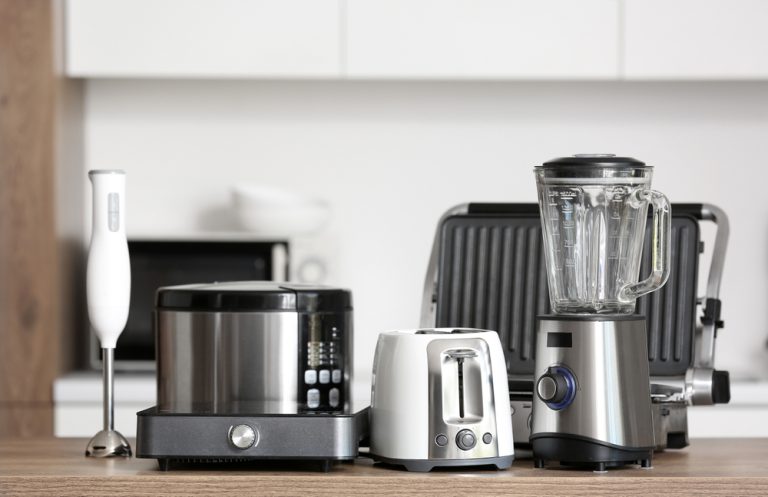How to Recycle Small Kitchen Appliances?
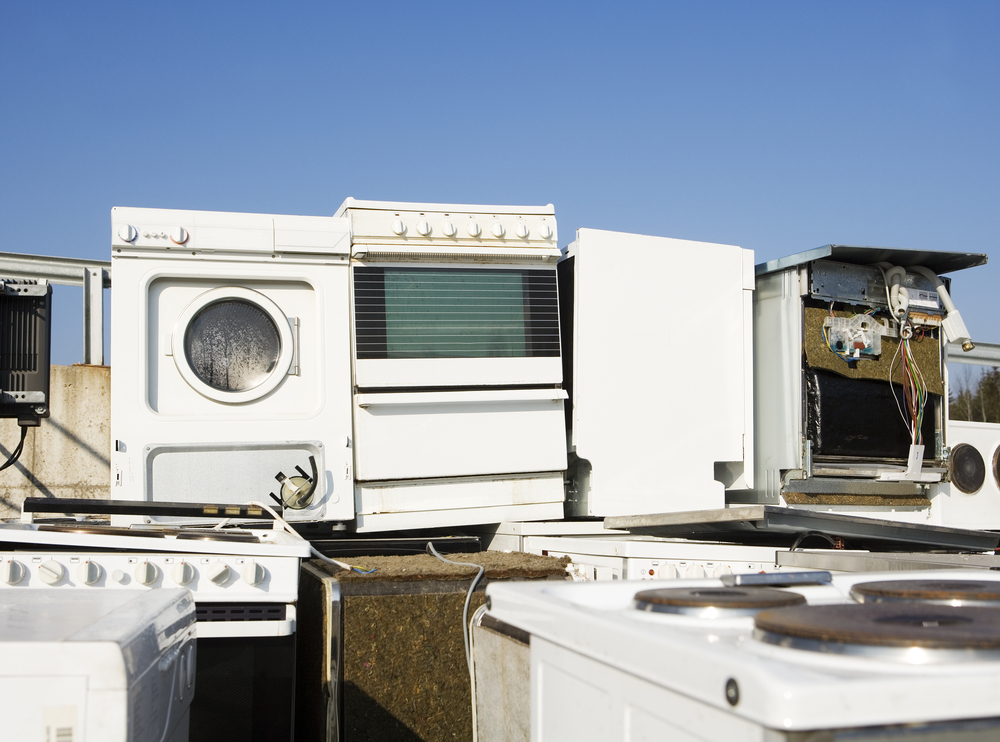
As technology advances and we frequently upgrade our kitchen gadgets, it’s important to know how to recycle small kitchen appliances responsibly. Items like blenders, toasters, microwaves, and coffee makers often get replaced, leaving old or broken appliances piling up. Rather than throwing them in the trash, which contributes to environmental pollution, recycling small kitchen appliances is a more sustainable and eco-friendly option.
In this guide, we’ll explore the best ways to recycle small kitchen appliances, where you can recycle them, and tips for making the process easier.
Why Recycling Small Kitchen Appliances is Important?
Before diving into the methods of how to recycle small kitchen appliances, it’s important to understand why recycling is the responsible choice.
Reduce Environmental Impact
- Prevent E-Waste Pollution: Small kitchen appliances often contain components like metals, plastics, and electrical parts that can be harmful if they end up in landfills. When these items are discarded improperly, they contribute to e-waste, which can release toxic chemicals into the environment.
- Conserve Natural Resources: By recycling appliances, valuable materials such as metals and plastics can be reclaimed and reused. This reduces the need for mining and processing raw materials, which in turn conserves natural resources and reduces energy consumption.
Avoid Landfill Overload
- Reduce Waste: Many small kitchen appliances can be recycled or repurposed instead of being thrown away. When they’re disposed of in landfills, they take up space that could be reserved for non-recyclable waste. Recycling helps mitigate landfill overcrowding and promotes sustainability.
How to Prepare Small Kitchen Appliances for Recycling?
Before recycling your appliances, there are a few steps you should take to ensure they are ready for the recycling process.
Check for Reusability
- Donate Working Appliances: Before recycling, ask yourself if the appliance still works. If it’s in good condition, consider donating it to a local charity, thrift store, or organization that accepts secondhand appliances. Many items can find a new home, extending their useful life.
- Repair Before Replacing: In some cases, a broken appliance may be easily repaired. If the issue is minor, consider having it repaired by a professional or tackling a DIY fix. Repairing an item is often more environmentally friendly than purchasing a new one.
Clean and Disassemble
- Remove All Parts: Before recycling, make sure to remove any detachable parts like blender blades, food processor lids, or coffee filters. Clean the appliance thoroughly to remove food residues or other materials.
- Check for Batteries: Some small kitchen appliances, like cordless blenders or mixers, may have batteries. Remove any rechargeable or disposable batteries, as these often need to be recycled separately.
Look for Manufacturer Take-Back Programs
- Check Appliance Brands: Some manufacturers offer take-back programs where they accept old appliances for recycling. Brands like Dyson, KitchenAid, and others may offer options for recycling their products. Check their websites or contact customer service to see if this option is available.
Also Read – Are Samsung Kitchen Appliances Good?
Where to Recycle Small Kitchen Appliances?
Now that your appliance is ready, let’s explore how to recycle small kitchen appliances and where you can do so.
Local Recycling Centers
- Find a Local Facility: Many towns and cities have recycling centers that accept small kitchen appliances. These centers often have designated bins or areas for e-waste and small appliances. Visit your local recycling center’s website or call ahead to confirm if they accept appliances like toasters, microwaves, or blenders.
- Hazardous Waste Collection Events: Some municipalities host special hazardous waste collection events where residents can drop off small kitchen appliances along with other electronics and batteries for safe disposal.
Retail Take-Back Programs
- Big-Box Stores: Some large retailers, such as Best Buy and Staples, have take-back programs that accept small appliances for recycling. These stores often have collection bins near the entrance where you can drop off items such as microwaves, coffee makers, and other small appliances.
- Local Appliance Stores: Check with local appliance or electronics stores in your area. Some may offer take-back services or partner with recycling programs to help dispose of old appliances responsibly.
Curbside Recycling Services
- E-Waste Pickup: In some areas, curbside recycling services may include e-waste pickup. Check with your local waste management company to see if small kitchen appliances can be placed in your curbside recycling bin or if a special request is required for larger items.
Donation Centers
- Thrift Stores: If the appliance is still functional, consider donating it to a local thrift store such as Goodwill, Salvation Army, or a community-run donation center. Even small appliances with minor defects may be useful to someone else and can avoid being thrown away.
- Non-Profit Organizations: Some non-profit organizations accept small kitchen appliances to help families in need. Donating gently used appliances to these groups is an excellent way to give back to the community while reducing waste.
Additional Tips for Recycling Small Kitchen Appliances
Here are some extra tips to make the process of how to recycle small kitchen appliances even easier:
Find Specialized E-Waste Recyclers
- Look for E-Waste Programs: Many cities have specific e-waste recycling programs or centers that focus on electronics and small appliances. These facilities are equipped to handle the dismantling and recycling of electrical components safely.
- Online Search Tools: Use online resources like Earth911 or the EPA’s recycling locator tool to find an e-waste recycling facility near you. Simply enter your zip code, and these tools will provide a list of nearby recycling centers that accept small appliances.
Recycle Components Separately
- Recycle Batteries Separately: If your appliance contains a rechargeable battery, remove it before recycling. Batteries often need to be recycled at specific drop-off points to ensure they are processed safely.
- Scrap Metal Recycling: Some small kitchen appliances contain valuable metals, such as copper or aluminum. Check with local scrap yards or recycling centers that accept scrap metal to see if your appliance is eligible for metal recycling.
Participate in Community Recycling Programs
- Community E-Waste Drives: Check with your community to see if they host any e-waste drives or recycling events. These events often make it easy for residents to drop off unwanted appliances, electronics, and other items for proper recycling.
- School or Church Fundraisers: Some schools, churches, or non-profits host e-waste collection drives to raise funds. Donating your old appliances to these drives helps both the environment and the organization hosting the event.
Conclusion
Understanding how to recycle small kitchen appliances is essential for reducing environmental impact and promoting sustainability. By recycling these items instead of sending them to the landfill, you’re helping to conserve valuable materials and prevent harmful chemicals from leaching into the environment. From local recycling centers and retail take-back programs to donation centers and e-waste drives, there are plenty of options available to recycle your old kitchen appliances responsibly.
Next time you upgrade or replace a kitchen gadget, consider recycling it to make a positive impact on the planet.

